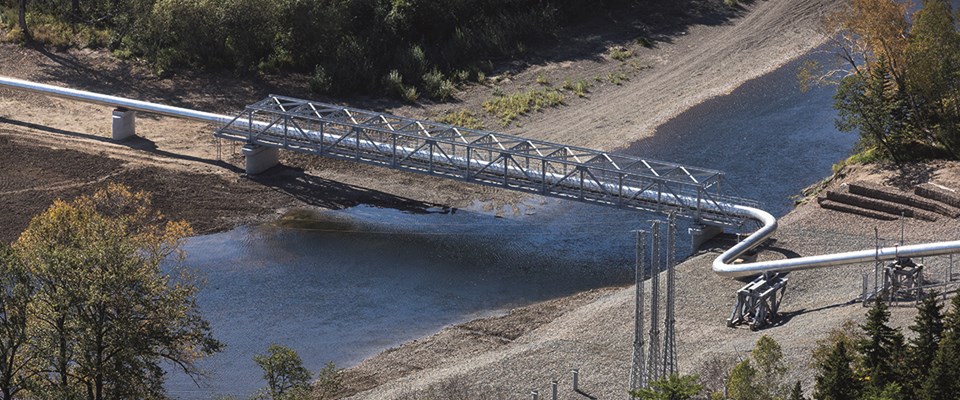Germany is preparing to strike back against the United States, if President Donald Trump follows through on his threat to kill off the Nord Stream 2 gas pipeline with additional sanctions. The 1,200-kilometer pipeline under the Baltic Sea, designed to channel Russian gas directly to Germany, has triggered deep division between EU member states. But with the prospect of a direct US intervention in the bloc’s energy interests, Chancellor Angela Merkel’s administration is reportedly considering pressing for coordinated European Union action. The new German strategy adds the possibility of further escalation between the transatlantic allies, with the US this week announcing potential tariffs on $3.1 billion of products from Germany and other EU countries.
The growing tensions need to be seen in the context of Trump’s reelection campaign running into trouble and the Covid-19 pandemic threatening to get out of control in the US. Trump has been escalating his attacks on Germany since Merkel helped to derail his plans for a Group of Seven summit at Camp David this month and Nord Stream, owned by Russian company Gazprom PJSC, is a longstanding target. He told a rally earlier last week that “we’re supposed to protect Germany from Russia, but Germany is paying Russia billions of dollars for energy coming from a pipeline.” In December last year, Trump signed US sanctions that targeted pipe-laying vessels, throwing the pipeline’s completion into disarray. While German officials said the project would merely be delayed, new measures proposed by US senators could put Nord Stream in permanent danger, the German officials said.
German industry is concerned that the new raft of sanctions may prompt counter sanctions in Europe, which it opposes on the strength of US-EU trade ties and traditional allegiances. Some 670 companies from 25 nations have worked on the pipeline. Gazprom is set on completing the pipeline despite US resistance. It made a request with authorities in Copenhagen to operate so-called DP3-class vessels in Danish waters. The Akademik Cherskiy, a vessel that Russia could use to build the remaining stretch of the gas-export link, arrived at a German Baltic port last month. A German ministry paper concluded it was unclear how the Russians planned to proceed with some 150 kilometers remaining for the pipeline but it would need to resume work this summer to complete the work by early 2021.




